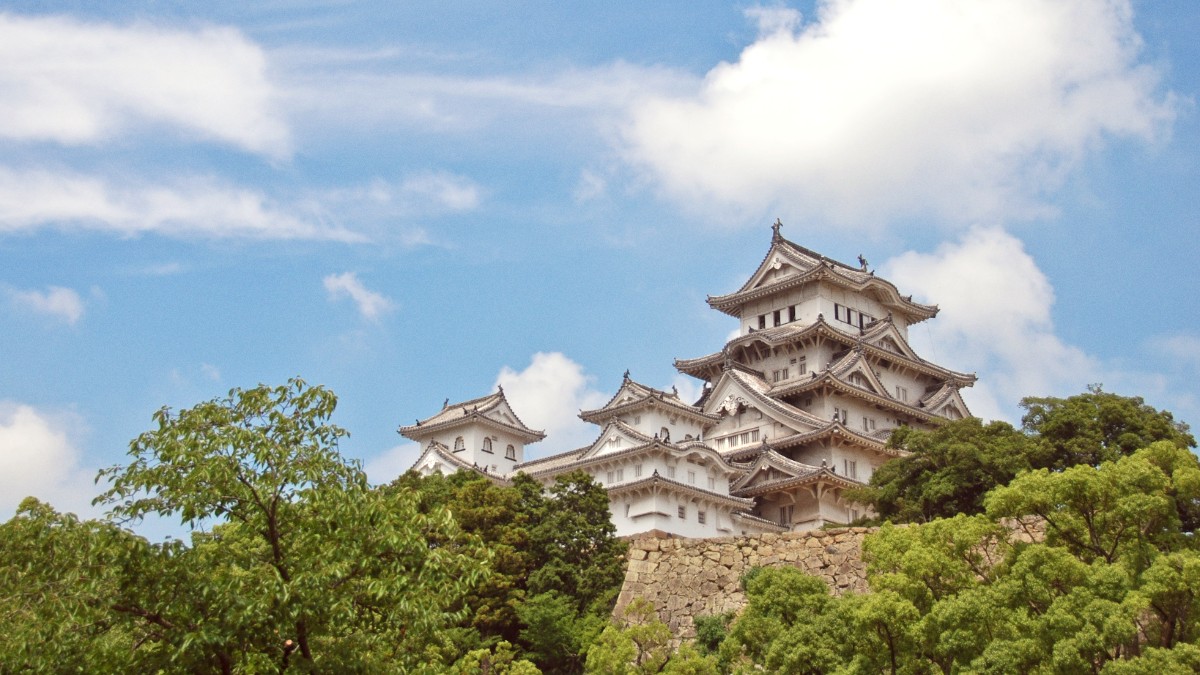
Central Honshu, Japan
ESIM: Data-only plans for unlocked, eSIM-compatible phones. Physical SIM Cards: Data-only SIMs at major international airports or electronics stores.
Free Wi-Fi at many hotels, major train stations, airports, convenience stores, and some cafes/restaurants. Quality and speed vary.
Japanese is the official language. English proficiency varies. Major tourist attractions and larger hotels typically have basic English speakers.
Learning basic Japanese phrases elevates interactions and shows cultural respect.
For continuous internet access, a pocket Wi-Fi device is a reliable choice, especially for groups.
Understand typical operating hours and holiday schedules to plan your activities.
Generally open from 10:00 AM to 7:00 PM or 8:00 PM. Convenience stores are often 24/7.
Lunch: 11:00/11:30 AM to 2:00/2:30 PM. Dinner: 5:00/5:30 PM to 9:00/10:00 PM. Last orders are typically 30-60 minutes before closing.
Typically 9:00/10:00 AM to 5:00/6:00 PM. Many close on Mondays (or the next day if Monday is a public holiday).
Banks are generally open from 9:00 AM to 3:00 PM on weekdays, closed on weekends and public holidays.
Japan has numerous national holidays. Businesses, banks, and some attractions may be closed or have reduced hours.
Verify opening hours for specific attractions and restaurants, especially around national holidays.
Cultural sensitivity deepens your travel experience and fosters respectful interactions with locals.
Bowing (O-jigi) is the standard greeting. A slight head nod works for tourists. Bows show greater deference.
Modest and neat attire is generally well-received. Avoid overly casual or revealing clothing in upscale restaurants or formal settings.
Tipping is not customary in Japan; it can cause confusion. Slurping noodles or soup is acceptable and shows enjoyment.
Generally, photography is allowed in public spaces. Always look for "No Photography" signs.
Kanazawa is becoming increasingly accessible, though older areas might present some challenges.
Newer public infrastructure, like Kanazawa Station and the 21st Century Museum of Contemporary Art, is generally well-equipped.
Many popular sites have accessible routes, and transport options are improving.
Support for visual and hearing impairments varies.
Seek specialized information for detailed accessibility planning.
Confirm specific accessibility features with venues and transport providers prior to your visit for a smoother journey.